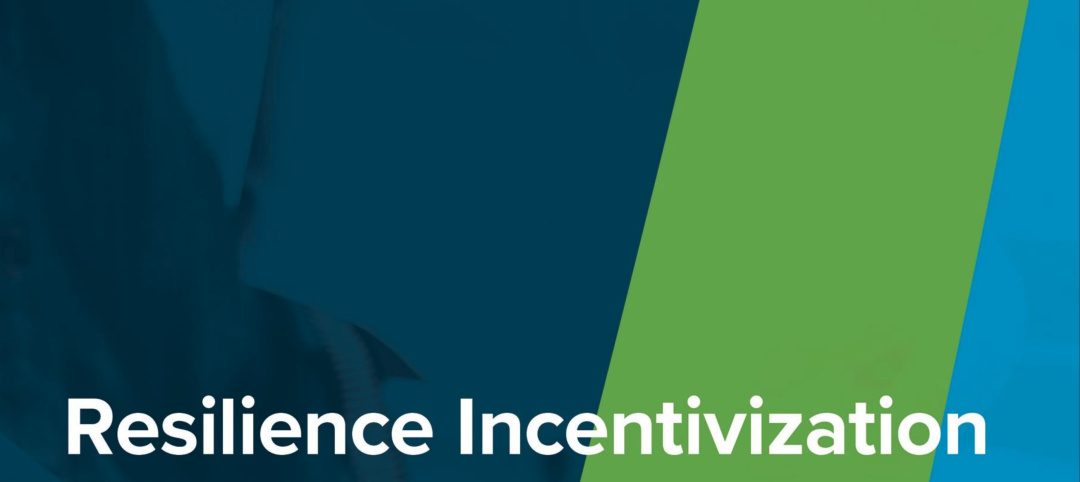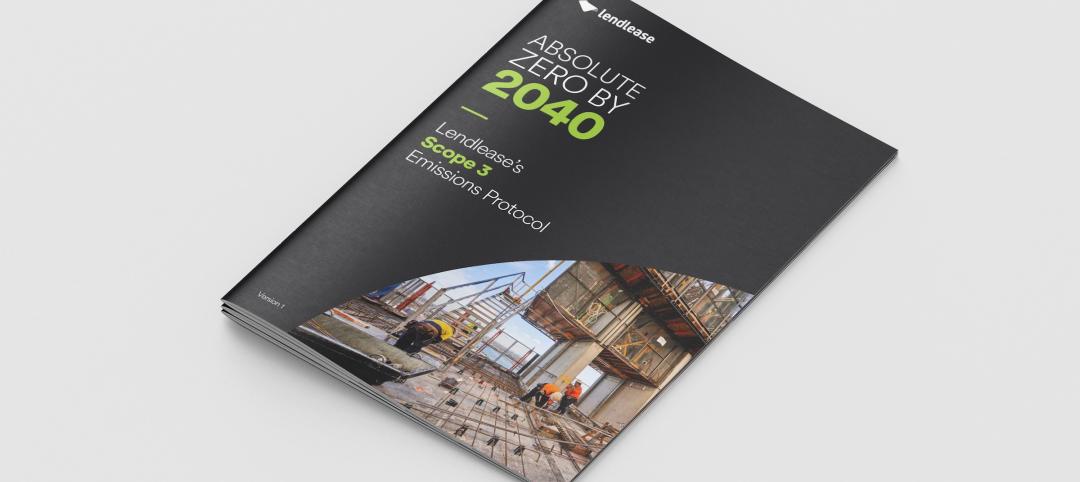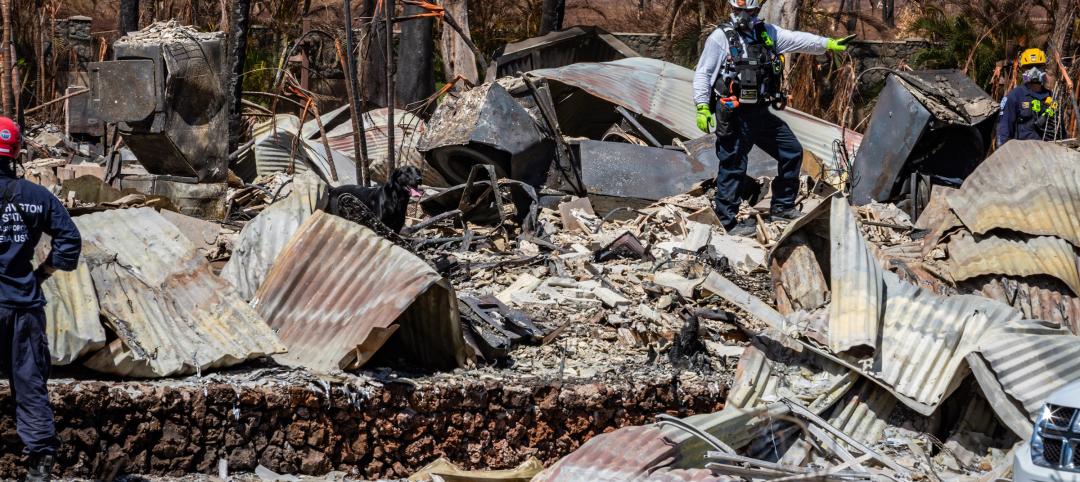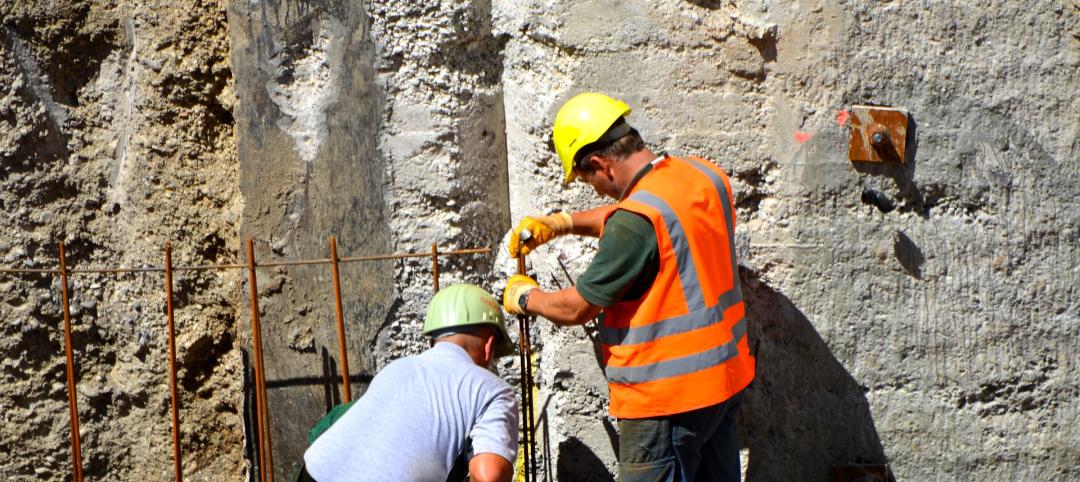A new Virginia law has made general contractors on large projects liable for the wages of subcontractors’ employees.
The statute’s main provisions are as follows:
· Makes the general contractor—and all tiers of subcontractors working on the project—contractually liable to pay their subcontractor’s employees’ wages
· Requires payments equal or to exceed those required by applicable statutes, such as Virginia’s Minimum Wage Act and the federal Fair Labor Standards Act
· Deems contractors to be the employers of their subcontractors’ employees for purposes of Virginia Code § 40.1-29, which imposes criminal liability and civil penalties for failing to pay employees’ wages when due
· Gives all employees the right to sue jointly or as a class action, imposes liquidated damages equal to the wage amounts owed, awards reasonable attorney’s fees, and—in cases of willful violations—imposes triple damages.
The statute applies to contracts entered into after July 1, 2020. It governs construction projects valued at $500,000 or more. The new law does not apply to single-family residential construction projects.
Related Stories
Resiliency | Sep 25, 2023
National Institute of Building Sciences, Fannie Mae release roadmap for resilience
The National Institute of Building Sciences and Fannie Mae have released the Resilience Incentivization Roadmap 2.0. The document is intended to guide mitigation investment to prepare for and respond to natural disasters.
Codes and Standards | Sep 25, 2023
Lendlease launches new protocol for Scope 3 carbon reduction
Lendlease unveiled a new protocol to monitor, measure, and disclose Scope 3 carbon emissions and called on built environment industry leaders to tackle this challenge.
Codes and Standards | Sep 25, 2023
Modern codes, construction techniques saved structures in Maui wildfire
Modern building codes and construction techniques were effective in saving buildings from the devastating wildfire in Maui on August 9th, according to a recent report, IBHS Early Insights Lahaina Fire—2023, from the Insurance Institute for Business and Home Safety’s research division.
Mass Timber | Sep 19, 2023
Five Things Construction Specialties Learned from Shaking a 10-Story Building
Construction Specialties (CS) is the only manufacturer in the market that can claim its modular stair system can withstand 100 earthquakes. Thanks to extensive practical testing conducted this spring at the University of California San Diego (UCSD) on the tallest building ever to be seismically tested, CS has identified five significant insights that will impact all future research and development in stair solutions.
Data Centers | Sep 15, 2023
Power constraints are restricting data center market growth
There is record global demand for new data centers, but availability of power is hampering market growth. That’s one of the key findings from a new CBRE report: Global Data Center Trends 2023.
Engineers | Sep 15, 2023
NIST investigation of Champlain Towers South collapse indicates no sinkhole
Investigators from the National Institute of Standards and Technology (NIST) say they have found no evidence of underground voids on the site of the Champlain Towers South collapse, according to a new NIST report. The team of investigators have studied the site’s subsurface conditions to determine if sinkholes or excessive settling of the pile foundations might have caused the collapse.
Codes and Standards | Sep 13, 2023
New rule mandates annual parapet inspections for New York City buildings
In November 2021, New York City enacted Local Law 126 of 2021, which is well-known in the building industry for establishing new requirements for periodic parking garage inspections. At the same time, the legislation added a section to the NYC Administrative Code mandating periodic observation of building parapets. To allow owners time to prepare, the City set the start date for the new parapet observations for January 1, 2024.
Resiliency | Sep 11, 2023
FEMA names first communities for targeted assistance on hazards resilience
FEMA recently unveiled the initial designation of 483 census tracts that will be eligible for increased federal support to boost resilience to natural hazards and extreme weather. The action was the result of bipartisan legislation, the Community Disaster Resilience Zones Act of 2022. The law aims to help localities most at risk from the impacts of climate change to build resilience to natural hazards.
Metals | Sep 11, 2023
Best practices guide for air leakage testing for metal building systems released
The Metal Building Manufacturers Association (MBMA) released a new guidebook, Metal Building Systems - Best Practices to Comply with Whole-Building Air Leakage Testing Requirements.
Contractors | Sep 11, 2023
Construction industry skills shortage is contributing to project delays
Relatively few candidates looking for work in the construction industry have the necessary skills to do the job well, according to a survey of construction industry managers by the Associated General Contractors of America (AGC) and Autodesk.
















